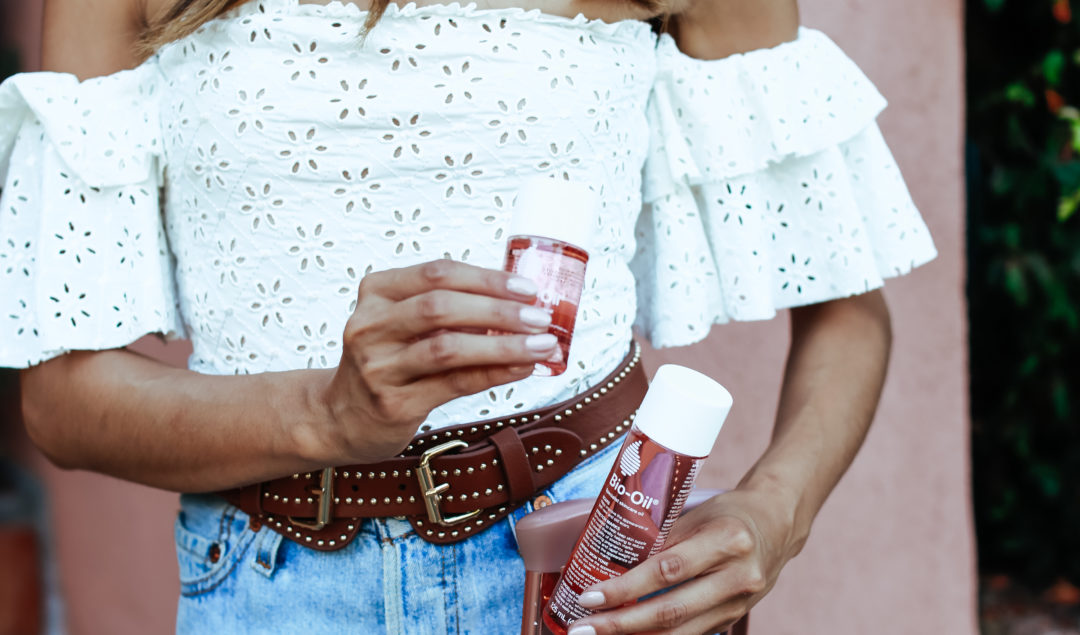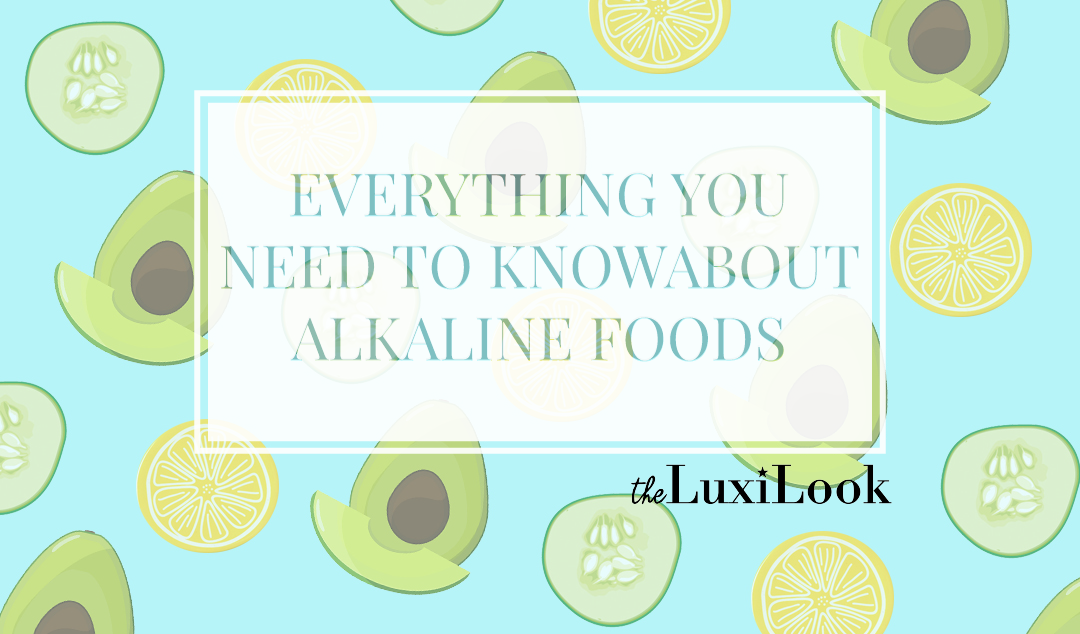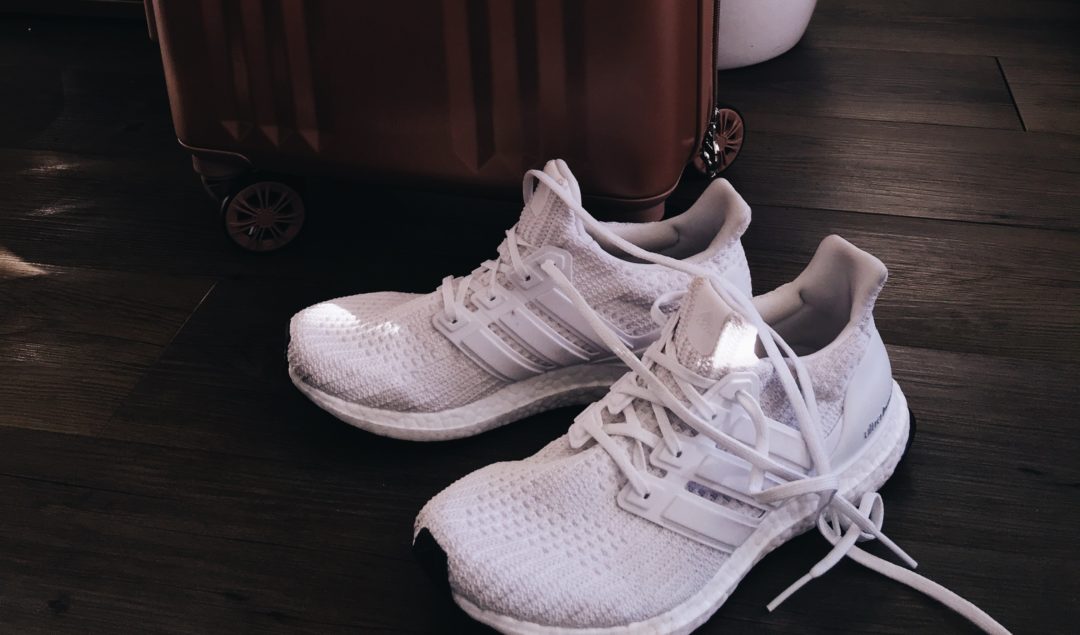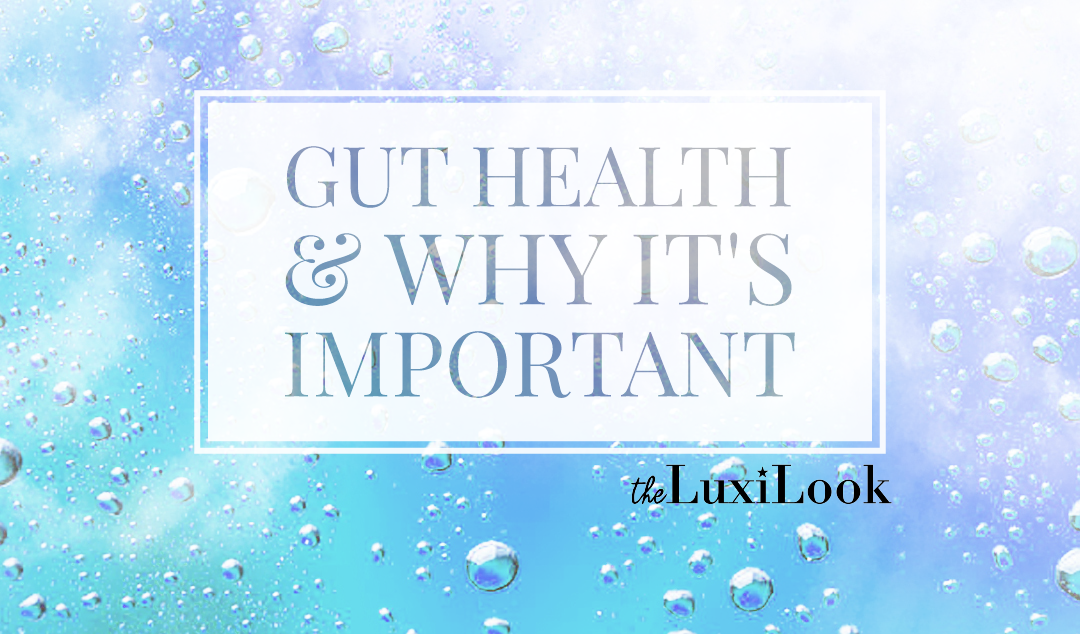For some reason, my skin tends to go haywire every time I travel. I don’t know if it’s the change in climate, routine, or something completely unrelated, but every time I take off for an extended period of time I anticipate having skin problems of some sort. Especially in the summer – I’m very prone to mosquito bites and heat rash, and all too often find myself incredibly itchy and uncomfortable. My skin also scars really easily, which is extra fun when you’re trying to wear shorts and dresses.
Thankfully, I discovered Bio Oil a few years ago and it’s become a skincare staple.
Bio Oil is a bit of a cult skincare product – if you know, you know. It’s made with natural ingredients (rosemary, chamomile oils) and then enriched with vitamins A and E – which help heal and improve skin. It addresses so many skin problems many of us have, and it’s also SO affordable (you can get it for under $20). Here are a few reasons Bio Oil should be a staple in your skincare routine and how I like to use it.



Summer Skin Essential: BIO OIL
+ Stretch marks and scars.
This is probably Bio Oil’s claim to fame – and it really does work. Whenever I get nasty bug bites or cuts that I’m afraid will turn into scars, I make sure to use bio oil every day while my skin is healing. It helps remove the discoloration and lighten the scars. It also works on stretch marks!
+ An all natural glow.
I love mixing Bio Oil with my foundation and moisturizer. It gives my skin a bit of a natural, dewy glow.
+ Moisturizing oil
Vitamins A and E are very hydrating, so I like to use Bio Oil on my cuticles, heels, and even the ends of my hair when I don’t have my usual hair oil on hand. You can even use it as a facial oil, on your elbows, lips, and and scalp.
+ Soothing scratches and cuts
The oil is filled with ingredients that soothe irritated skin. It’s perfect to use before or after shaving or when your skin is feeling irritated or tight.
+ Makeup remover
When I travel, I like to pack as light as possible. I love how multi purpose Bio Oil is – making it a summer travel essential!
Have you tried Bio Oil? xx






